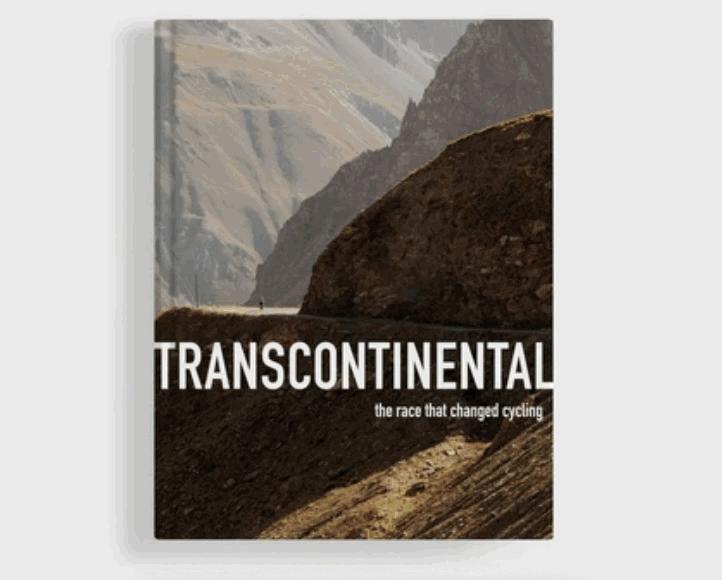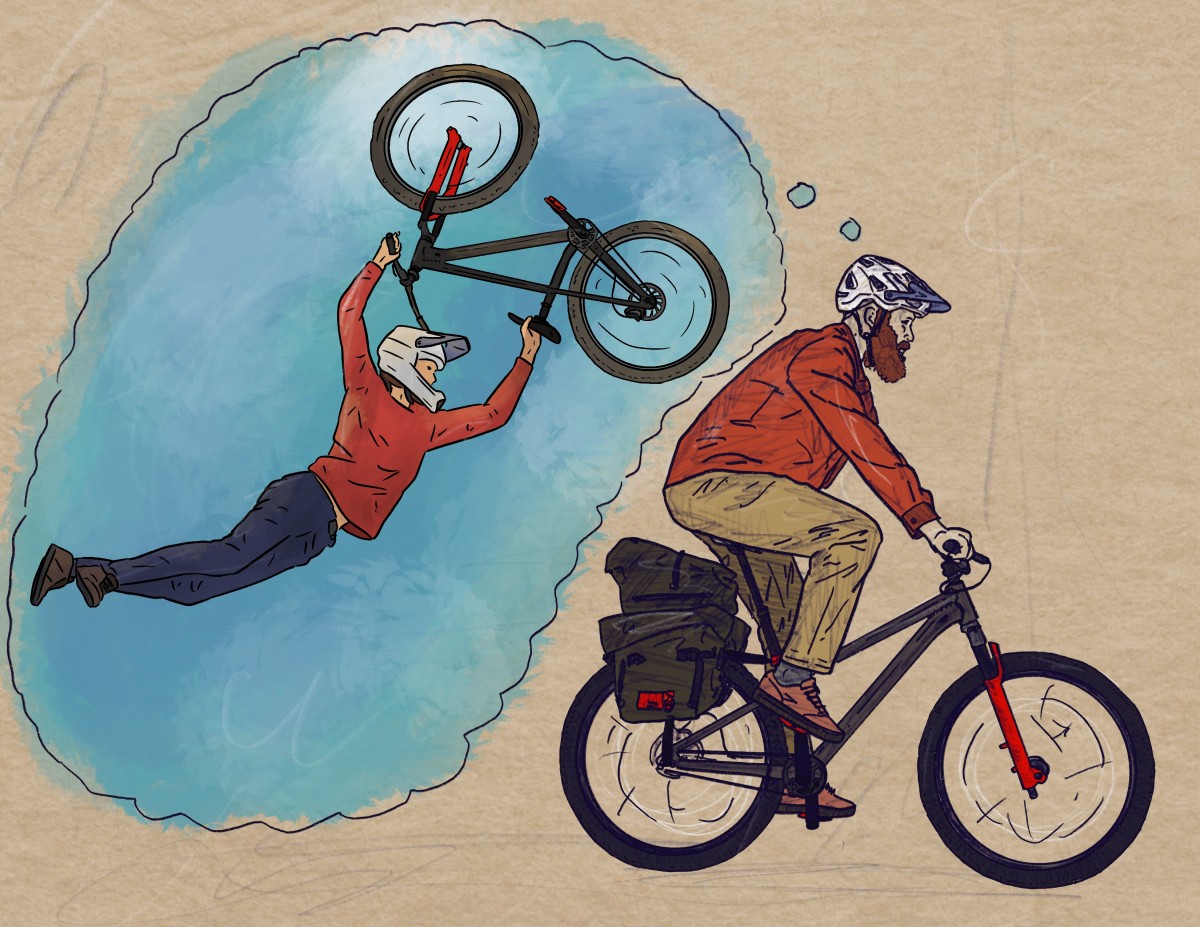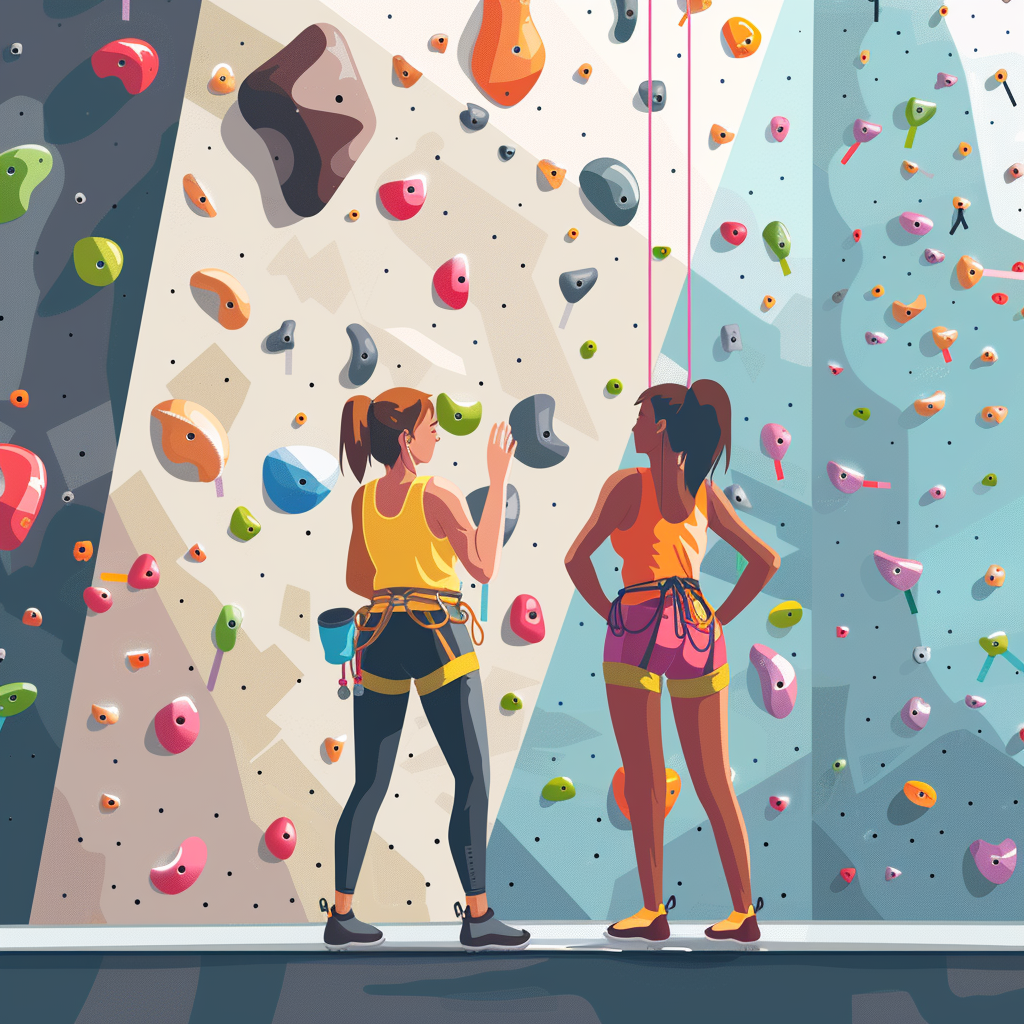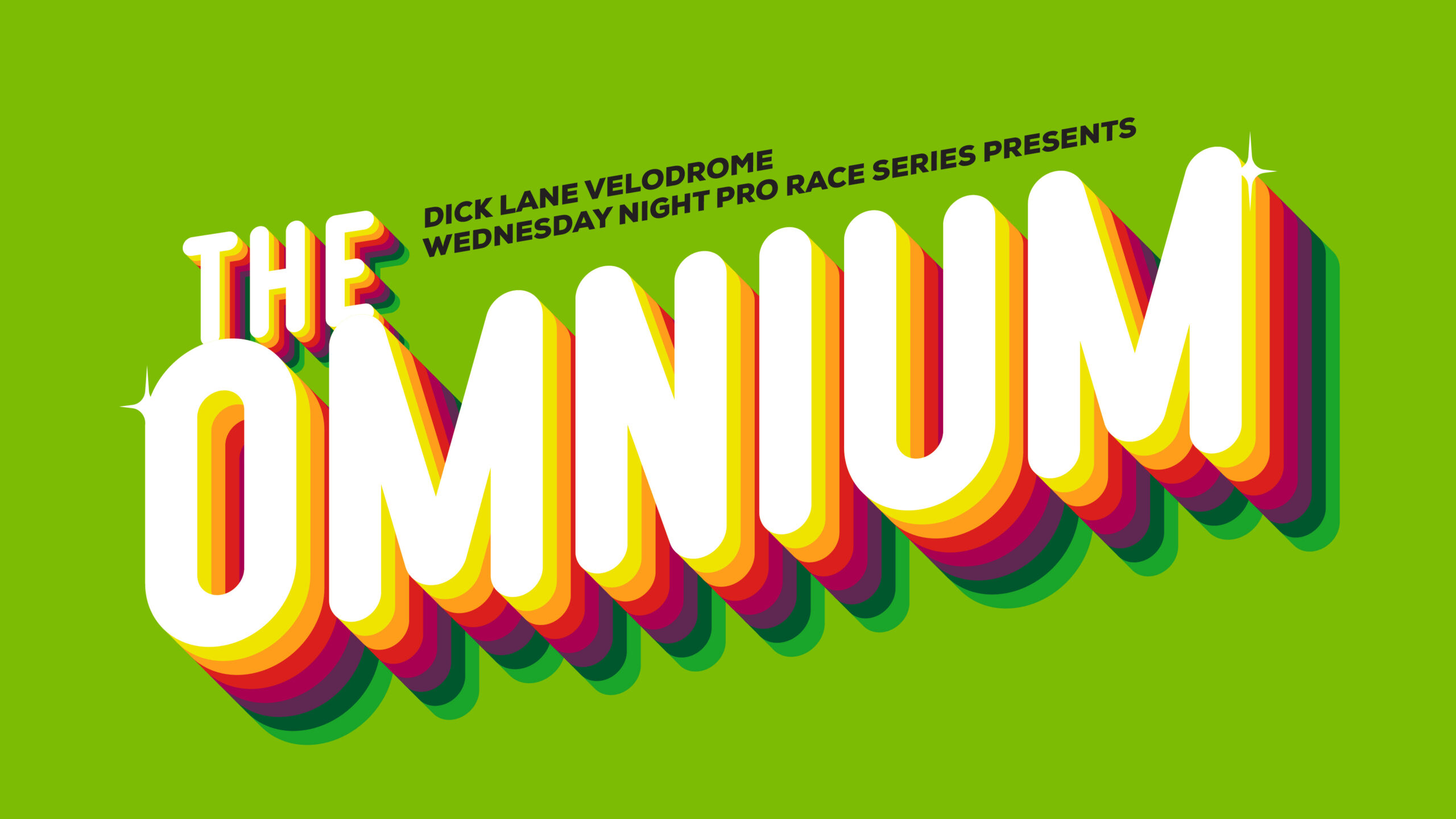When I was a kid, I was a huge Jurassic Park fan. I'd even go as far as to say, also a Michael Crichton fan. I read both Jurassic Park books, Congo and knew of his roles in many other films, shows and effects on pop culture. My admiration later faded when I learned about him being a climate change denier. I digress...
Well, this week, when I read the Lost World reference in Ross Douthat's NYT piece Is the 'Internet the Enemy of Progress?', I agreed this passage from 1995 is indeed impressively prescient:
“It means the end of innovation,” Malcolm said. “This idea that the whole world is wired together is mass death. Every biologist knows that small groups in isolation evolve fastest. You put a thousand birds on an ocean island and they’ll evolve very fast. You put ten thousand on a big continent, and their evolution slows down … And everybody on Earth knows that innovation only occurs in small groups. Put three people on a committee and they may get something done. Ten people, and it gets harder. Thirty people, and nothing happens. Thirty million, it becomes impossible. That’s the effect of mass media — it keeps anything from happening. Mass media swamps diversity. It makes every place the same. Bangkok or Tokyo or London: there’s a McDonald’s on one corner, a Benetton on another, a Gap across the street. Regional differences vanish. All differences vanish. In a mass-media world, there’s less of everything except the top ten books, records, movies, ideas. People worry about losing species diversity in the rain forest. But what about intellectual diversity — our most necessary resource? That’s disappearing faster than trees. But we haven’t figured that out, so now we’re planning to put five billion people together in cyberspace. And it’ll freeze the entire species … Everyone will think the same thing at the same time. Global uniformity.”
Heavy stuff. And Ross's editorial stumbles into the concept of “macro culture” — a few large-scale cultural models, or maybe eventually even just a global monoculture and how that reality (are we there already?) may yet still be avoided. He offers the optimism that despite how homogenized the internet is making culture, there are still subcultures on the fringe. )
However, as the editorial ends, he offers a call to action: "you can have a micro culture that resists the macro culture [but] at some point this nonconformism has to break out and actually change the world."
So, I close by asking: how are you contributing to that change? (Hat tip & future spotlight pending on The School for Moral Ambition")
For me? It's promoting bikes & the world-saving potential they represent to me. : )
Let's ride!
As always, thank you for reading,
Jon
p.s.
Heads up: I've linked to a 7000-word essay by Robin Berjon and Maria Farrell on how to resist the extractive technological monoculture by rewilding the internet below!
Upcoming Events
-
April
- 🇳🇱 25th LIVE: The Mechanics of Joy
- 🇳🇱 26th Super 73 De Pijp Pop-Up Closing Party
- 🇳🇱 27th LtD Gravel Raid
- 🇳🇱 28th Gravel Fondo Limburg
-
May
- 🇪🇸 3rd Traka
- 🇩🇪 11-12th Fenderfest
- 🇳🇱 23rd Ebike Future Show Amsterdam
- 🇳🇱 25th Velocio Ride Series Utrecht
Cycling
Transcontinental: the race that changed cycling

Cycling Industry News Interviews Karla Sommer & Daniela Odesser

Experiment: Specialized P.Commute

Ideas
We Need To Rewild The Internet

"Rewilding the internet is more than a metaphor. It’s a framework and plan." There is an audio version of this mega long read and I'll be continuing to chip away at it for the next few days. This kind of idealism is what we need more of!
The disappearing Insta grid

"It’s a design choice. Embracing negative space. Making anti-brand the brand. Refusing to participate in the popularity contest and the attention economy." I've seen this a bit, but not enough to say I've noticed a trend yet. However, as the article alludes to at the end, "Intrigue feels like such a rarity these days," and this just may be an easy way to accomplish that.
You’re Not Managing Enough

Been thinking about this one as the 'boss' at Twotone. Much like the author, I've been spooked to ever micromanage and found myself over-correcting too. This quote is highlighted on the text: "As managers, we can be so afraid of micro-management that we risk moving into passive territory. We’re made to believe our main job is putting people in position to grow, and then going hands off to give them the space to do it." Bu there's much more to it than that and this 'one big thought' reminded me to renew my perspective here!
Friends
From Scratch & Other Stories
Earlier this year, we hosted a screening of Claire Tayler's: “From Scratch & Other Stories”, seven short films exploring South Korean cycling culture. Now the films are online to watch. Explore bike messenger, frame building, steel frame, bmx, clunker, and cycle cafe culture here.
Brave Feminine Interviews Merida Miller of Project Fearless
I've gotten to know Merida through cycling here in Amsterdam and I always love to hear stories of people making not only the move to another country, but starting their own thing and especially when they're helping others. Its an inspirational interview & worth a listen! : )
Dick Lane Velodrome is Turning 50!

I first got my start racing at Dick Lane Velodrome in Atlanta back in 2006. When I saw the track is turning 50, I immediately thought to share it here. : ) I'm grateful for all those years racing there before I moved to Amsterdam, and I love to see the community thriving there!
Radness
Cycling the World: A New Film About a Big Journey

Laura Killingbeck of the Adventure Cycling Association did a great interview with McKenzie Barney, who rode 29,000 kilometers across 28 countries and five continents and made a 32-minute film. Its €5,52 to rent and certainly worth it to support McKenzie's work & for your own inspiration!
Thank you for reading!







